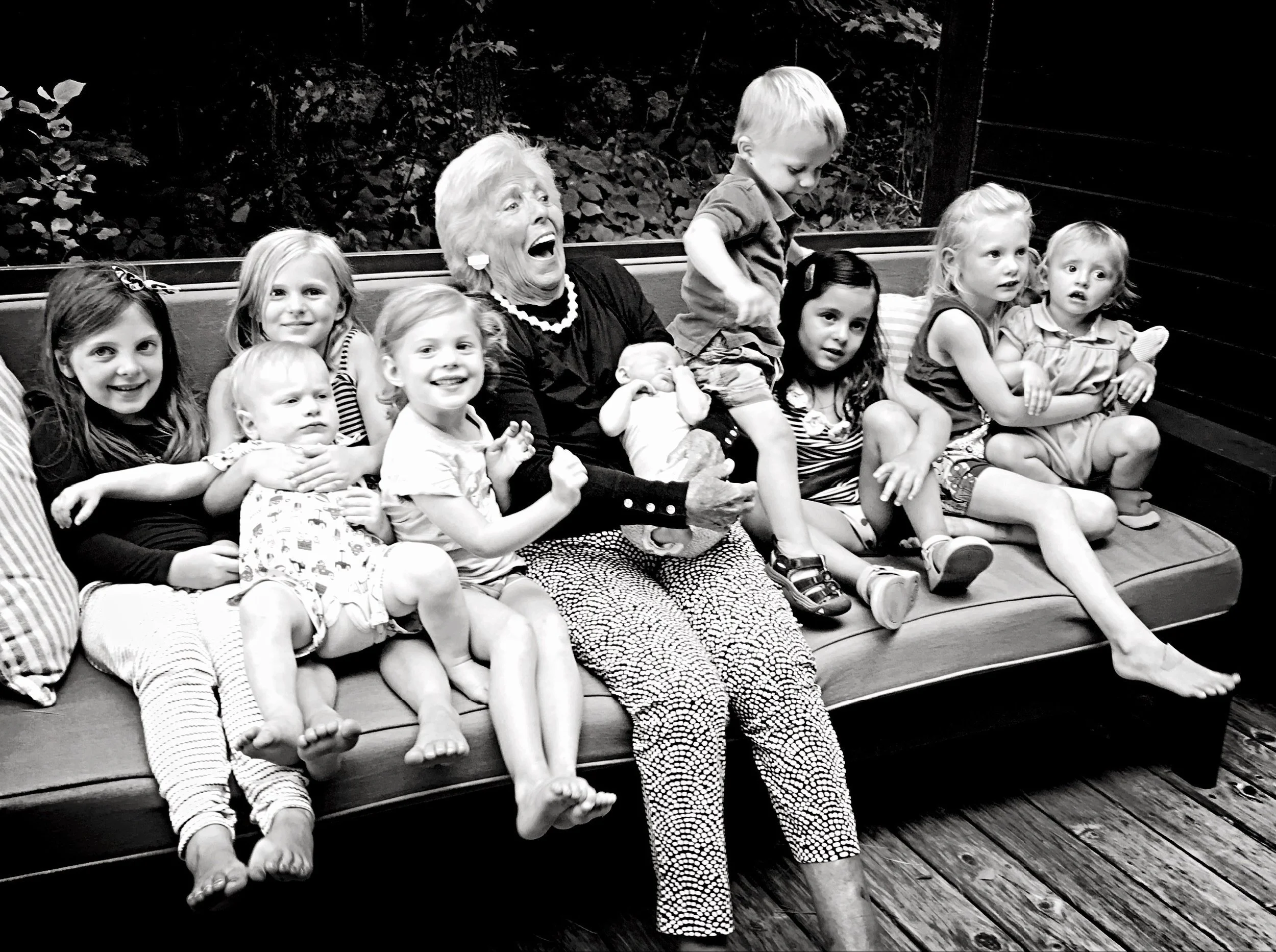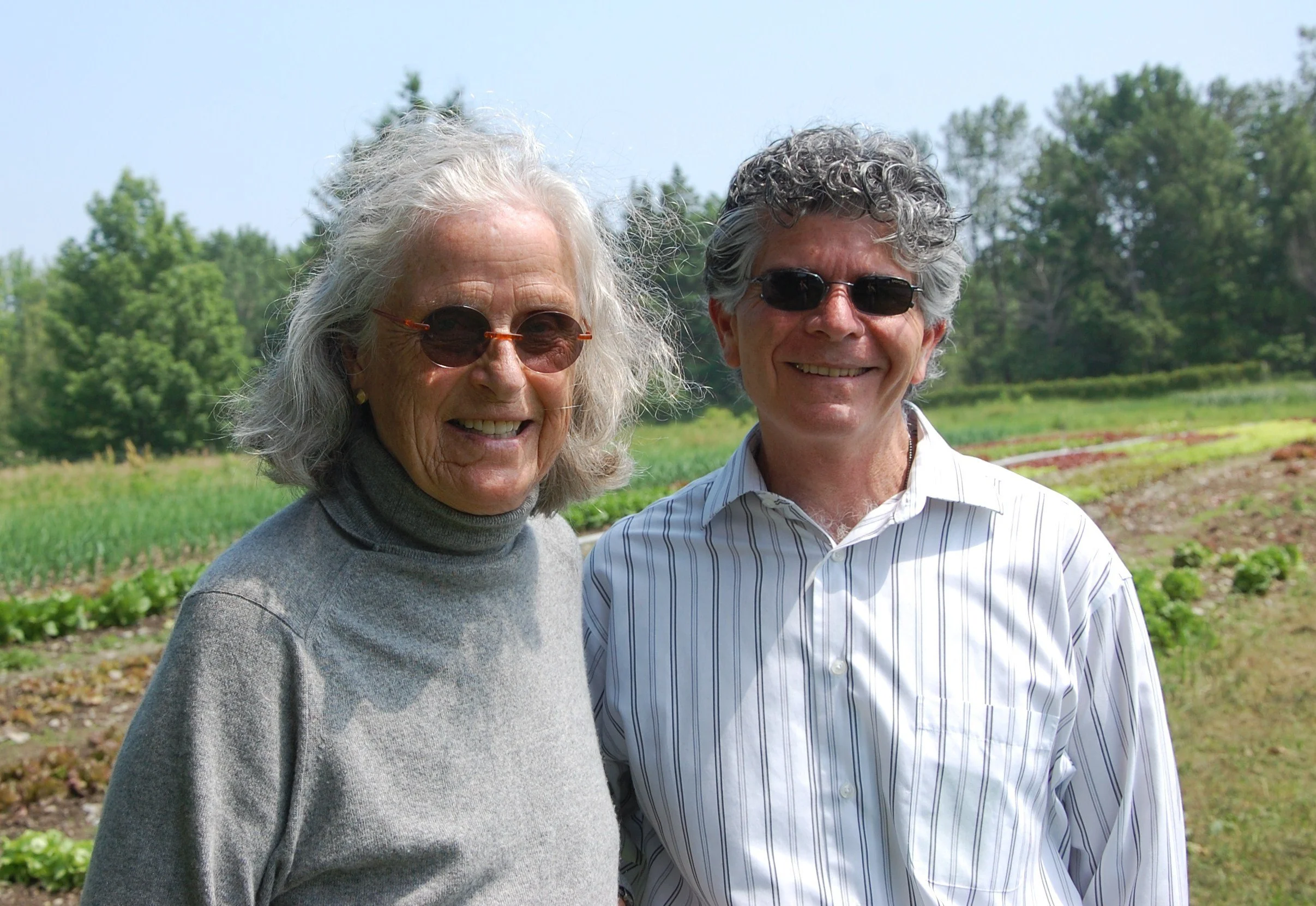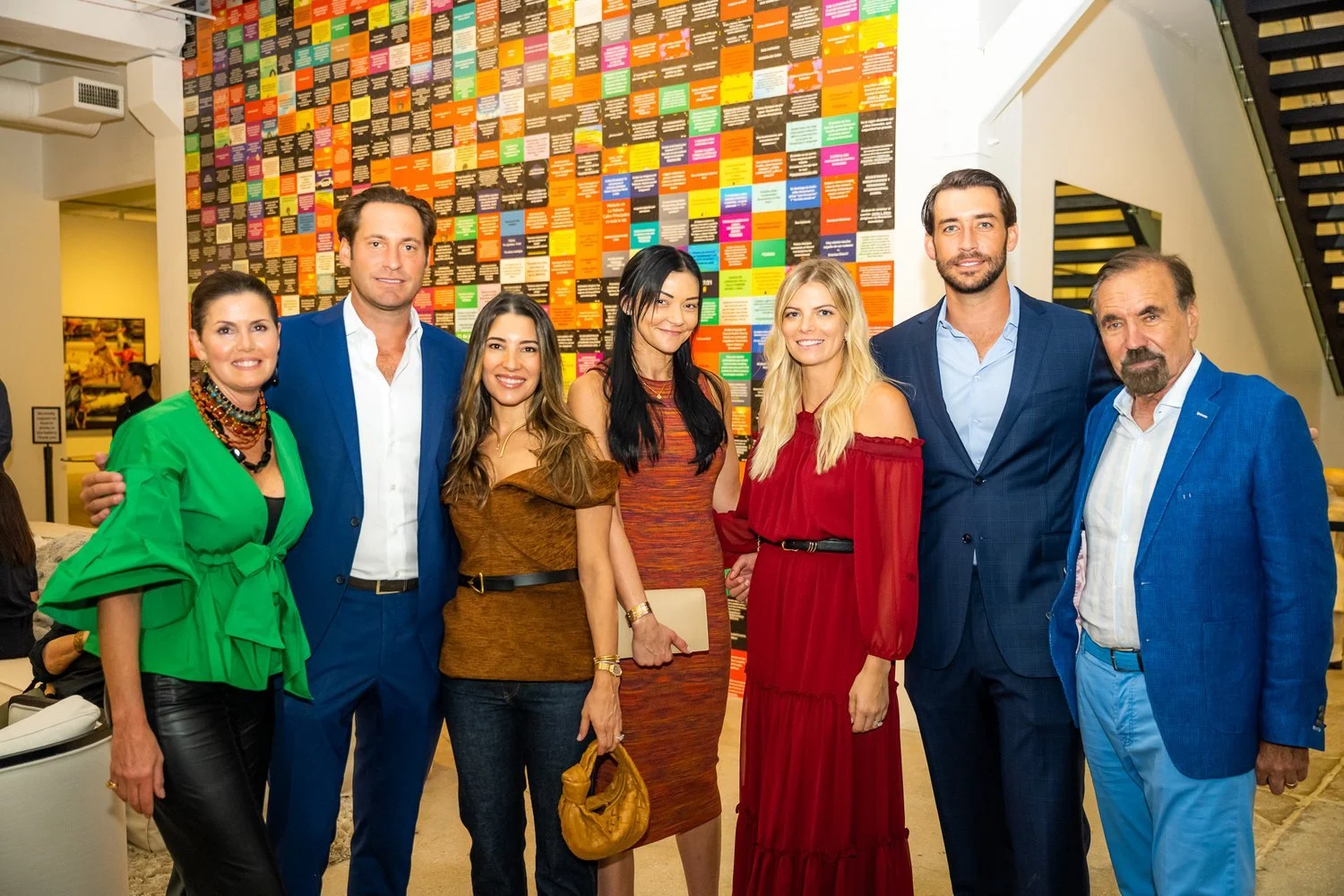A Drive to Contribute: Meet the Top Indian American Philanthropists
/Vincent Grebenicek/shutterstock
The population of Indian-origin people in the U.S. grew by 38 percent in seven years between 2010 and 2017, according to a demographic report by advocacy group South Asian Americans Leading Together (SAALT). Indian immigrants first arrived in the United States in small numbers in the early 19th century. In recent decades, that population has grown substantially, along with other groups of South Asians from Pakistan, Bangladesh and Sri Lanka.
This demographic trend is yet another part of the story of the nation’s rapidly shifting ethnic landscape, and by 2050, America will be majority non-white. These changes have implications for a wide variety of sectors—including philanthropy.
As a group, Indian immigrants have amassed significant wealth in the United States. Indian-led households have a median annual income of $89,000 (compared to the U.S. median income of $50,000), and 27 percent of them earn more than $140,000—the top 10 percent of earners nationally, according to a Migration Policy Institute RAD Diaspora profile. As a result, the combined annual discretionary income of Americans of Indian origin is approximately $67.4 billion.
Increasingly, that wealth is being tapped for causes in the United States, India and elsewhere. In an intriguing 2015 article in the Stanford Social Innovation Review (SSIR), a trio of consultants from the Bridgespan Group, which has an office in Mumbai, explored some of the trends of this rising Indian American donor class and how to better activate philanthropy within this community to address inequities in India. Other organizations like Indiaspora have also conducted research to better understand and catalyze Indian American philanthropy.
The SSIR article notes that like other diaspora communities, Indian Americans are keen on giving back to their native country. However, compared to other immigrant groups, much of this giving is still new and constantly evolving. These changes are driven in part by the rise of foundations and philanthropic intermediaries focused on supporting Indian causes, allowing for more strategic giving: “They are a critical link between well-intentioned donors in the United States and high-impact organizations operating in rural Indian outposts, villages and cities.”
Prominent Indian NGOs like Ekal Vidyalaya, Pratham and Sankara Eye Foundation and their U.S. affiliates raise funds from Indian donors. Pratham USA raised more than $21 million in revenue in the 2018 fiscal year, powering its work in areas including literacy and learning, girls’ education, and vocational training. American India Foundation (AIF), meanwhile, has partnered with some 320 NGOs in its nearly two-decade existence, raising close $130 million.
AIF supporter Sumir Chadha, co-founder and managing director of WestBridge Capital, speaks about his commitment to supporting India and the value of organizations like AIF: “My partners and I began making more charitable efforts and making our own charitable journey. All giving is interrelated because all of the problems in India are so interrelated—it’s hard to deal with health if you don’t deal with education, and it’s hard to deal with poverty if you don’t deal with both, and climate. It’s all linked.”
It’s not just causes in India that are attracting the attention of Indian American donors. They’re also giving to a wide range of organizations here in the United States. At Inside Philanthropy, we’ve profiled a number of Indian Americans who’ve been successful in business and turned to philanthropy. Many of these donors have found success in Silicon Valley and in STEM fields, some getting their start at the prominent Indian Institutes of Technology (ITT). Others made their wealth in real estate, on Wall Street and elsewhere. We’ve compiled a list of top Indian American donors, what their interests are, and how to get to them. This is by no means a conclusive list, but highlights some of the major givers in this space. Follow the linked names to read IP’s full profiles.
Vinod and Neeru Khosla, Sun Microsystems, Khosla Ventures
The first of several ITT graduates on this list, Vinod Khosla and his wife Neeru hold a net worth of $2.1 billion. Khosla first tried to launch a soy milk company in India before immigrating to the states in the 1970s. He founded computer company Sun Microsystems two years after receiving his business degree. The Khoslas later launched the Amar Foundation, which supports the CK-12 Foundation, an education nonprofit Neeru co-founded. CK-12 provides free customizable K-12 open educational resources used by tens of thousands of schools in the United States alone. Khosla is also high on microlending to tackle poverty in India.
Rao and Satya Remala, Microsoft
Rao Remala was one of the first 50 employees at Microsoft and its first South Asian hire. The couple launched the Satya and Rao Remala Foundation, where their two daughters now run day-to-day operations. Srilata serves as director of health initiatives, and her older sister Srilakshmi as director of education programs. “We sort of divide and conquer,” Srilata explains. Grantmaking touches areas like STEM education, particularly for kids of color, scholarships at schools with which the family has a personal connection, health, and organizations in India like Pratham.
Samir Desai, Systems Resources Corporation
Samir Desai was educated in India before coming to the United States and receiving his M.S. in industrial engineering from Illinois Institute of Technology. In 1985, he founded Systems Resources Corporation (SRC), a Route 128 tech firm in Massachusetts that provided services for government agencies. The family’s Desai Foundation originally focused on supporting Indian cultural arts in the United States during an era when this wasn’t as common. With a retooled mission, Desai’s daughter Megha serves as president of a vehicle whose new mission is to empower women and children through community programs to elevate health and livelihood in India and the United States.
Ajay and Lata Krishnan-Shah, SMART Modular Technologies
Ajay and Lata Krishnan-Shah made up two-thirds of the co-founding team behind computer components manufacturer Smart Modular, a company sold to Solectron for a cool $2 billion. The Shahs were only in their late 30s at the time. In 1997, the pair started moving charitable contributions through the Krishnan-Shah Family Foundation, which has three focus areas: education, at-risk youth, and economic empowerment for women and the underprivileged. The couple supports places like Fresh Lifelines for Youth (FLY), Eastside School in East Palo Alto, and American India Foundation (AIF), where Lata serves as co-chair of the board.
Arun and Asmita Bhatia, Arun Bhatia Development Organization
Born into a prominent Indian real estate family, Arun Bhatia attended school in Bombay and then obtained a master's degree in real estate at the University of Wisconsin. He began his real estate career in the late 1970s in New York and is the founder of Arun Bhatia Development Organization. He supports his alma mater University of Wisconsin as well as American India Foundation. Through their foundation, the couple largely give toward education, Indian causes, and community causes in New York City.
Prem Puri, Classic Homes of Maryland
Prem Puri began building single-family homes in Virginia in the early 1980s. He moves philanthropy through the DD Puri Foundation, which focuses on higher education for refugees in East Africa, education for deaf and blind children in Punjab, India, and funding emergency surgeries in Punjab, India. Puri’s daughter Amita serves as president of the foundation.
Naveen and Anu Jain, Moon Express, Intelius, Viome
As entrepreneurs, Naveen and Anu Jain are interested in finding entrepreneurial solutions to address the global challenges in health, education, poverty, agriculture and clean water. The couple launched a $1 million Anu & Naveen Jain Women’s Safety XPRIZE. Anu is a member of Women Moving Millions, a global philanthropic community committed to large-scale investments in women and girls.
Prabha and Anita Sinha, ZS Associates
Prabha and Anita Sinha move their philanthropy through the Sinha Kikeri Foundation, whose grantmaking touches areas like the arts, education and social justice. Anita chairs the board of governors of the School of the Art Institute of Chicago (SAIC), which the family steadily supports, along with the Art Institute of Chicago. In one instance, the Sinhas helped bring an exhibit by the Indian artist Jitish Kallat to the Art Institute. They, too, back the American India Foundation.
Jaideep and Rachel Khanna, Artha Capital Management
Morgan Stanley veteran Jaideep Khanna co-founded Artha Capital Management, an emerging market fund. He and Rachel recently gave a seven-figure gift to the Ramakrishna Foundation in Los Angeles, which helps people living in the United States give financial assistance to religious and spiritually based organizations worldwide. Khanna is on the board of Pratham USA, and is the founder and a trustee of Ashoka University, New Delhi.
Suri and Mala Raman, Microsoft
ITT Madras graduate Suri Raman joined Microsoft back in the late 1980s. He and his wife Mala move their philanthropy through the Raman Family Foundation, whose grantmaking focuses on India and their local Seattle community. One grantee, API Chaya, supports Asian, South Asian and Pacific Islander survivors and families impacted by domestic violence and sexual assault, as well as human trafficking survivors from all communities.
M. Night and Bhavna Shyamalan, Film Director and Screenwriter
Maybe you have a sixth sense about this one. Hollywood couple M. Night and Bhavna Shyamalan created the M. Night Shyamalan Foundation, which supports leaders working through their organizations to remove the barriers created by poverty and inequality, which prevent individuals and communities from unleashing their full potential. The foundation works in the U.S., as well as in India, Africa, Central America and South Asia.
Ranjan and Chandrika Tandon, Libra Advisors, Tandon Capital Associates
Finance titans Ranjon and Chandrika Krishnamurthy Tandon move their philanthropy through the Krishnamurthy Tandon Foundation, which supports education, music and Indian and global causes. Besides founding Tandon Capital Associates, Chandrika is also a Grammy-nominated composer and singer. The Tandons have made big gifts to higher education in the U.S. and India, including a $100 million gift to NYU, naming the Tandon School of Engineering.
Bharat Desai and Neerja Sethi, Altos Syntel
Born in Kenya and raised in India, Bharat Desai and his wife Neerja Sethi launched technology consulting and outsourcing company Altos Syntel from their apartment in Michigan. Today, the company has more than $900 million in revenue. Their Desai Sethi Foundation (DSF) focuses on underprivileged youth in Florida and Michigan. Other giving touches India and schools with which they have a personal connection.
Desh and Jaishree Deshpande, Sycamore Networks, Cascade Communications Corp
Desh and Jaishree Deshpande move their philanthropy through the Deshpande Foundation, which seeks to strengthen local ecosystems, build leaders and entrepreneurs, and catalyze innovative thinking to accelerate creation of sustainable, scalable enterprises that have significant social and economic impact. At the start of the decade, the foundation helped launch Entrepreneurship for All (EforAll), an accelerator that also hosts pitch contests and provides office space. The couple also created innovation centers like MIT’s Deshpande Center.
Ramanathan and Asha Guha, Software Engineer, Epinions co-founder
Armed with degrees from IIT Madras, UC Berkeley and a Stanford Ph.D., Ramanathan Guha was a principal scientist at Apple Computer and a principal engineer at Netscape Communications. He co-founded Epinions. He and his wife Asha’s funding interests include education and the Indian community—including the local Bay Area Indian community. They’ve given millions to Tirumala Tirupati Devasthanams toward various Hindu religious activities. In the states, grantees include the Hindu Community and Cultural Center.
Frank Islam and Debbie Dreisman, QSS Group
Frank Islam and his wife Debbie Driesman move philanthropy through the Frank Islam and Debbie Driesman Foundation, which focuses on education, arts and culture, and peace and conflict resolution. The foundation funded a fellowship in the U.S. for a mid-career journalist from India.
Devindra and Manisha Chainani, Microsoft
Devindra Chainani managed engineering teams for Microsoft Windows, Microsoft Office, Microsoft Visual Studio and Microsoft Azure. The Chainanis steadily support Pratham USA. Manisha is interested in nonprofits in India that serve children with special needs. She’s on the advisory board of Upaya, whose mission is to “create dignified jobs for the poorest of the poor by building scalable businesses with investment and consulting support.” She also started Liveanklets, which provided Indian classical dance education to children and adults.
****
There are other Indian American givers we might’ve mentioned, including 44-year old Hemant Taneja, who made an early investment in Snap. His wife Jessica is a founding parent at Khan Lab School; the couple supports Khan Academy. Another young giver, Sumir Chadha, is another interesting funder.
In addition, it’s worth noting that several Indians have signed the Giving Pledge, including tech magnate Azim Premji and biotech billionaire Kiran Mazumdar-Shaw. Premji recently directed a staggering $7.5 billion in shares to his Premji Foundation, which works directly in education and supports over 150 other nonprofits serving underprivileged and marginalized Indians through financial grants. (Other Indians primarily based in the country also run robust philanthropic operations.)
Also, while it isn’t rare for philanthropic stories to include a family’s next generation, those in the Indian American community we’ve profiled seem particularly keen on involving their kids early on. Consider the words of daughter Srilakshmi Remala, who continues the charitable work of her immigrant parents: “This is the core of what dad [Rao Remala] believes in. If he can encourage other people, particularly other South Asians, or people with a similar immigrant story, if he could be a model for that—this is key.”


































